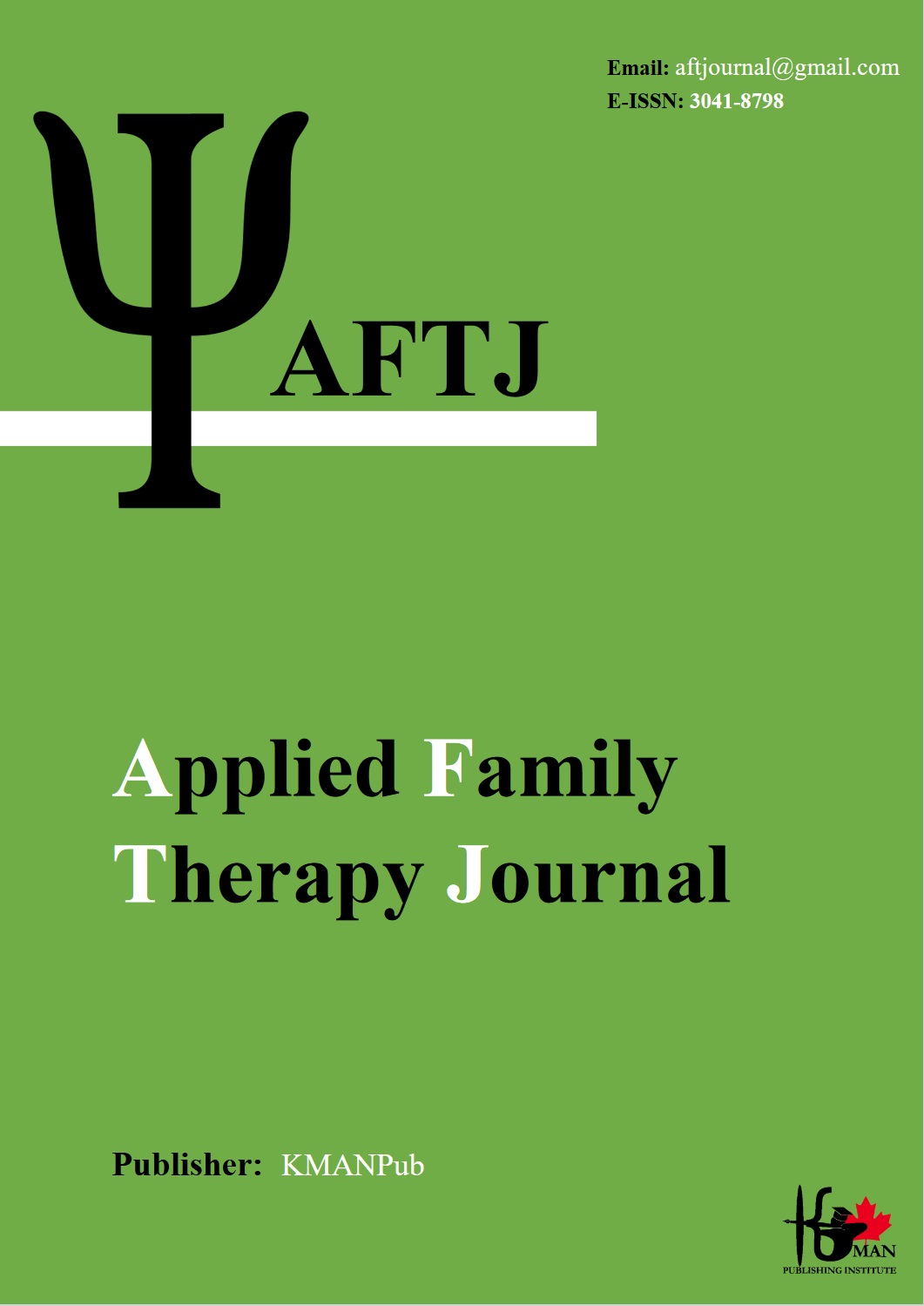The Effectiveness of Cognitive-Behavioral Stress Management in Improving Rumination and Psychological Distress in Women Experiencing Marital Infidelity
Keywords:
Rumination; Psychological distress; Cognitive-behavioral stress management (CBSM); marital infidelityAbstract
Aim: The present study aimed to determine the effectiveness of cognitive-behavioral stress management in improving rumination and psychological distress in women faced with marital infidelity in Tehran in 2021. Methods: The present quasi-experimental study had a pretest-posttest design with a control group and a follow-up stage. The statistical population consisted of 94 women faced with infidelity who visited counseling centers in district 11 of Tehran. 40 eligible women were selected by the convenience sampling method and were randomly assigned to the experimental group (20 per group), and the control group (n=20). The experimental group received cognitive-behavioral stress management therapy by Anthony et al. (2009) for ten 90-minute sessions, and the control group was placed on the waiting list. The research tools included the rumination questionnaire by Nolen-Hoeksema and Morrow (1991) and the psychological distress scale by Lovibond (1995). The data obtained from the questionnaires were analyzed using SPSS24 and repeated-measures analysis of variance Results: The results indicated that cognitive-behavioral stress management (CBSM) was effective in reducing rumination (F=5.74, P=0.001), Depression (F=18.45, P=0.001), Anxiety (F=17.93, P=0.001) and Stress (F=17.05, P=0.001) in women faced with infidelity, and the effect was stable at the follow-up stage. Conclusion: According to the results, cognitive-behavioral stress management was an effective intervention in reducing rumination and psychological distress in women faced with husbands’ infidelity.
Downloads
Downloads
Published
Issue
Section
License

This work is licensed under a Creative Commons Attribution-NonCommercial 4.0 International License.



























